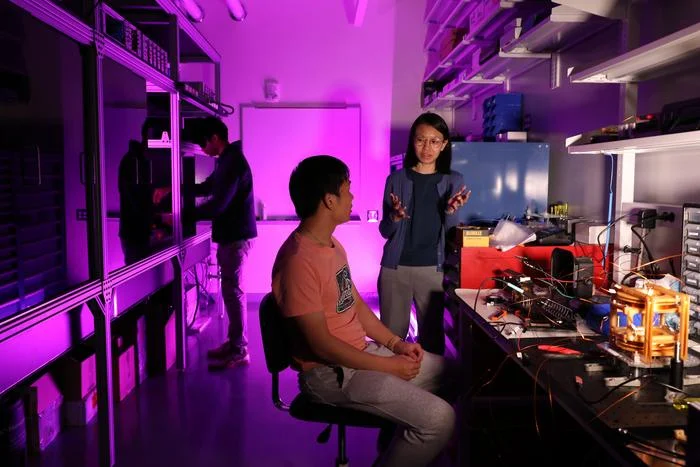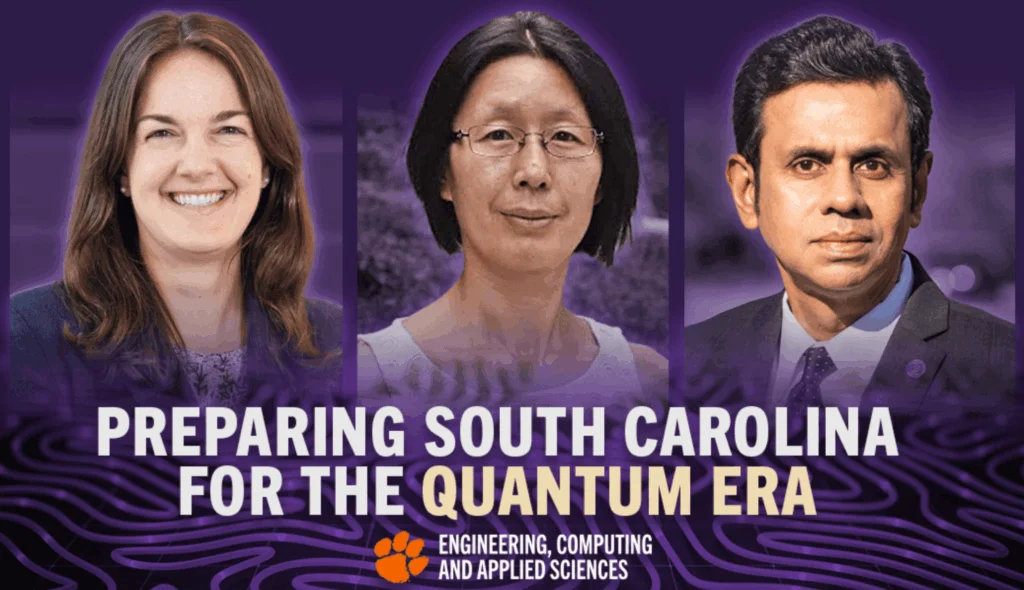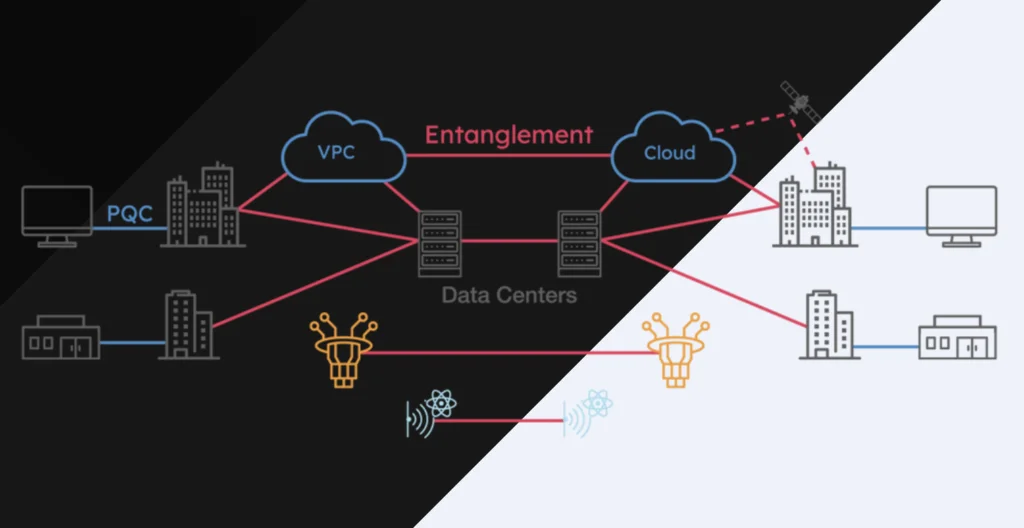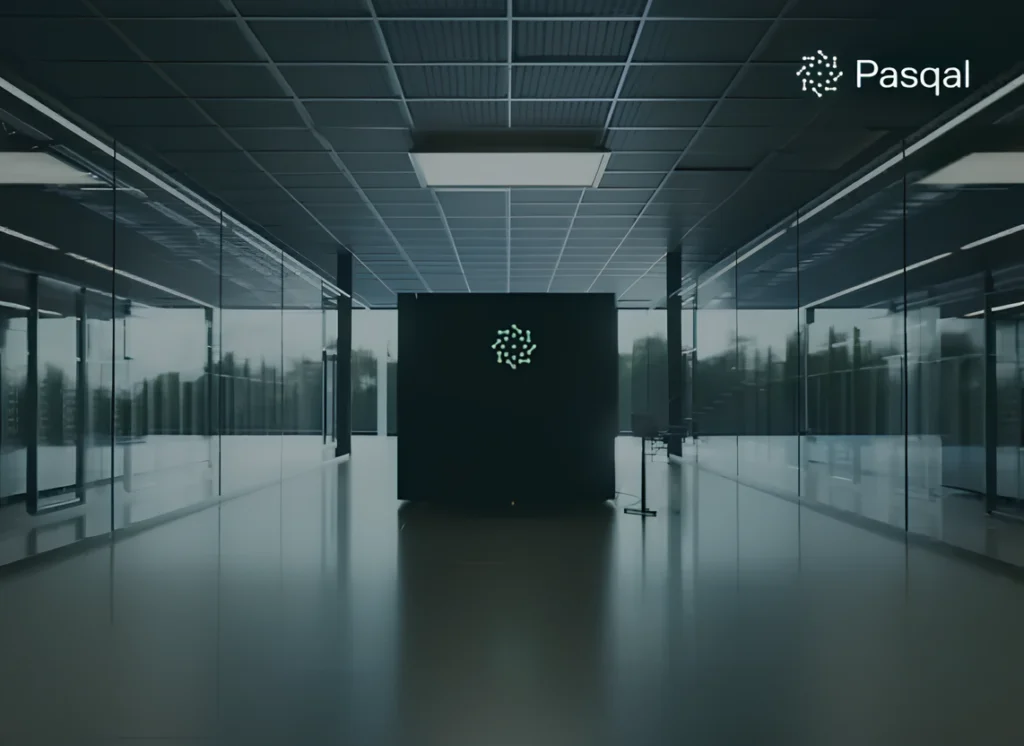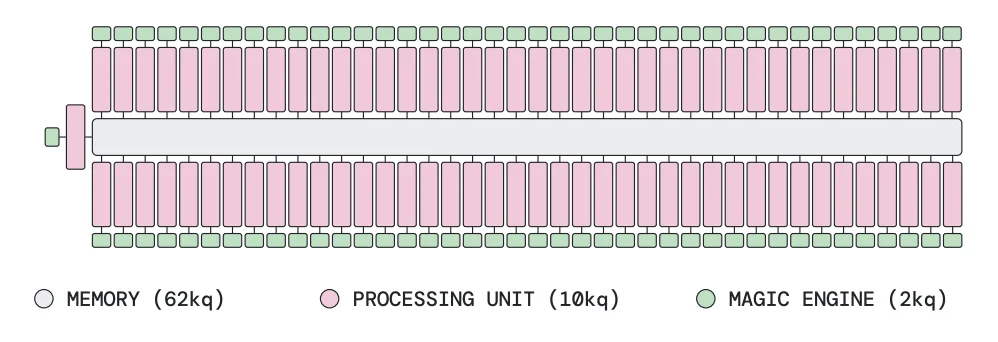
Berners-Lee & Co
The definition for the word ‘consortium’ (plural consortia) is a collection of companies that come together to achieve a specific goal. Generally, they tend to come in two forms: business-focused or technology-focused. All major technological sectors have them, and their main goals are to promote, support and educate their respective technology.
Such instances are The World Wide Web Consortium, founded in 1994 and led by Tim Berners-Lee; the NIST Advanced Manufacturing Technology Consortia, founded in 2013; and the Learning Technology Consortium, established in 1998.
The quantum technologies sector — much younger than others — also has its fair share of consortia, from the Israeli-based Quantum Technologies Development Consortium founded in 2019 to Europe’s QuantERA II this year, following on from its predecessor, QuantERA I. More will surely follow around the world as quantum information science (QIS) grows in popularity and acceptance.
Following Quantum Technologies Development and QuantERA on the same path across the Atlantic is the Quantum Economic Development Consortium (QED-C), a US-based “consortium of stakeholders that aims to enable and grow the U.S. quantum industry” with three goals in mind:

1. Identify high-impact use cases and applications for quantum-based technologies.
2. Identify gaps in enabling technologies, standards and performance metrics, and workforce that need to be filled to realize diverse applications.
3. Work with stakeholders in industry, academia and Government to fill technology, standards and workforce gaps.
QED-C’s NIST Support
Established with the support of NIST in line with the Federal government’s 2018 National Quantum Initiative Act for developing QIS, QED-C has the backing of various government agencies, as well as industry and academic stakeholders that include some of the following commercial, both private and public, members: Amazon Web Services, Atom Computing, D-Wave Government Systems, Google, IonQ, Microsoft, Rigetti Computing, and Zapata Computing.
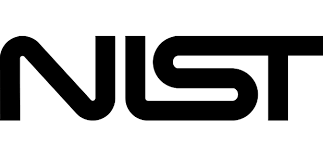
On the academic side of things, QED-C can boast universities like Indiana University, North Carolina State University, Purdue University, Texas A&M, University of Arizona, University of Chicago/Chicago Quantum Exchange, University of Illinois, and Virginia Tech.
Brookhaven National Lab, Fermi National Accelerator Laboratory, Lawrence Berkeley National Laboratory, Lawrence Livermore National Laboratory, Los Alamos National Laboratory, Mitre, Oak Ridge National Laboratory, Sandia National Laboratories, and SLAC represent the federally funded R&D Centers (FFRDC) on QED-C’s books while other players include the American Physical Society, Optical Society of America and the Universities Space Research Association.
Holding regular plenary meetings for members and invited guests, the QED-C also organizes interesting workshops to nurture industry consensus and discuss the sector’s needs while developing roadmaps for addressing those needs.
In charge of all this is Dr. Celia Merzbacher, QED-C’s newly-appointed executive director. Starting her career as a materials scientist at the US Naval Research Laboratory in Washington D.C, she has also served as Chair of the National Materials and Manufacturing Board of the National Academies of Science, Engineering and Medicine, on the Board of Directors of ANSI. A former VP for Innovative Partnerships at the Semiconductor Research Corporation, a consortium of the semiconductor industry, in the 2010s Merzbacher was assistant director for Technology R&D in the White House Office of Science and Technology Policy. Impressively, she has also been on the advisory boards of several university research centres.
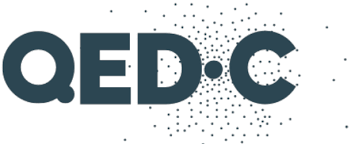
When talking about QED.C in an interview with Forbes in 2020, Merzbacher said:
“We are serving as a kind of industry association. The industry’s collective voice.”
Merzbacher’s experience and expertise, QED-C’s Technical Advisory Committees (TACs) — which were established so the consortium’s members could come together to concentrate on the inspirations and pain points relevant to the inchoate quantum industry — and the supporting cast of the steering committee and all-important administrative team will be pivotal factors in whether QED-C influence spreads across the United States to influence industry, academic and other players to join.
If you found this article to be informative, you can explore more current quantum news here, exclusives, interviews, and podcasts.









